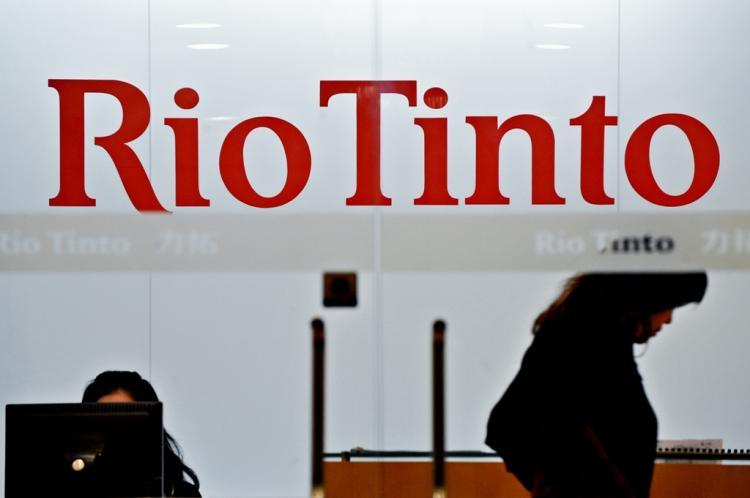Rio Tinto will get “nothing like” $450 million (US$303 million) in compensation to offset the impact of a coal price cap on its Gladstone Power Station in Queensland, the prime minister says.
The federal government is negotiating coal price caps of $125 a tonne with Queensland and New South Wales, in a bid to put drive down household and business electricity bills.





